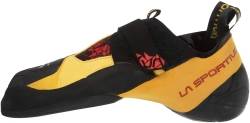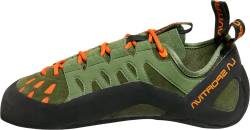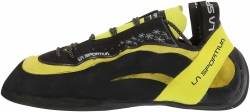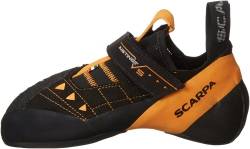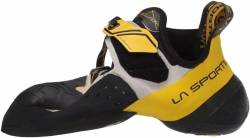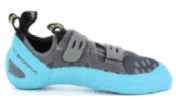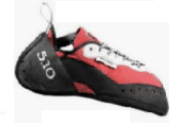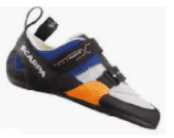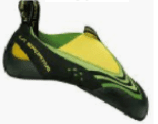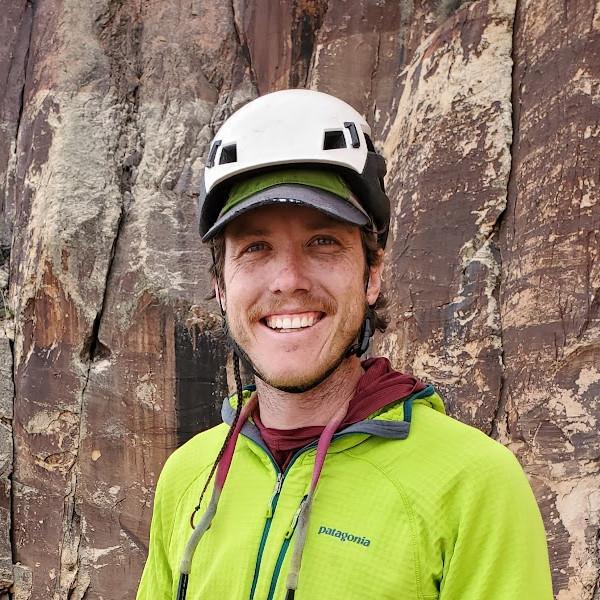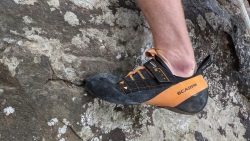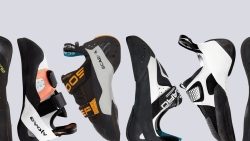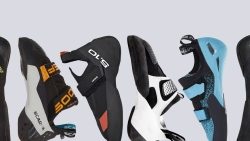sandals melissa sun sandal ad 33495 green | 5 Best Climbing Shoes in 2023
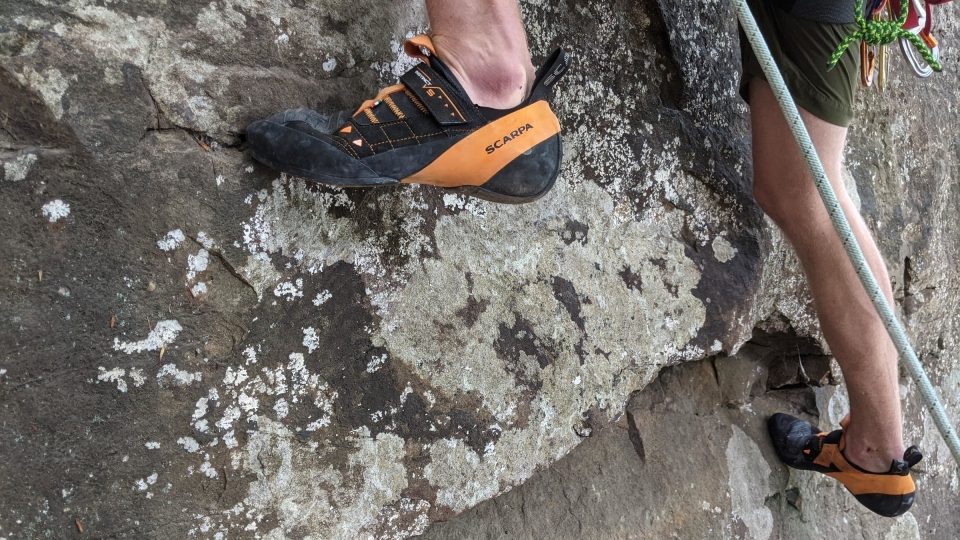
Nowadays, thrill-seeking rock jocks have hundreds of choices when it comes to climbing shoes. While having a lot of options has its pros, this makes the task of picking the RIGHT one a nightmare.
Lucky you, here at EdiconnectShops, we have everything you need - from the list of best climbing shoes to the nitty-gritty climbing shoe basics.
We have reviewed and tested over 80 pairs to seek out the top choices for you. Whether you are a beginner or a more advanced climber going on some steep terrain, we’ve got a recommendation for you.
Best climbing shoes overall
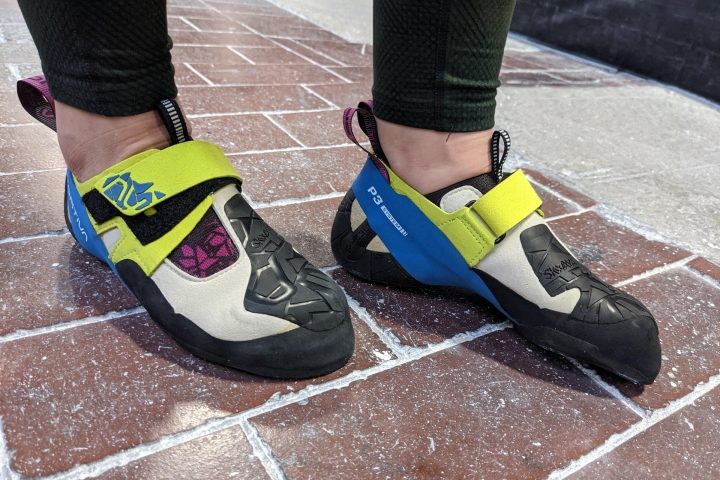











What makes it the best?
Pros
- True to size
- Snug fit
- hiking boots palladium pampa bgy wax u 77051 068 m french metal
- Comfy for a performance shoe
- Durable
- Short break-in period
- Flexible
- double-strap leather sandals Schwarz
Cons
- Less breathable
- Expensive
Today's best price
Best climbing shoes for beginners
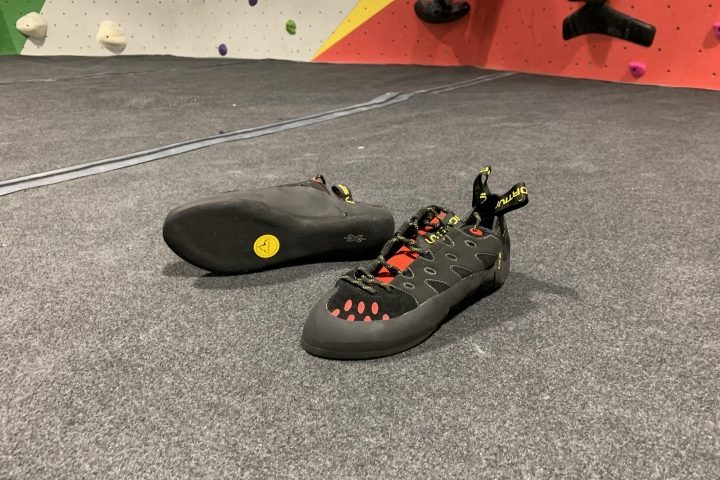









What makes it the best?
Pros
- True to size
- Perfect fit
- All-day comfort
- Durable
- Flat midsole
- Value for money
- Leather lining
Cons
- Poor breathability
- Thick sole
Today's best price
Best climbing shoes for crack climbing
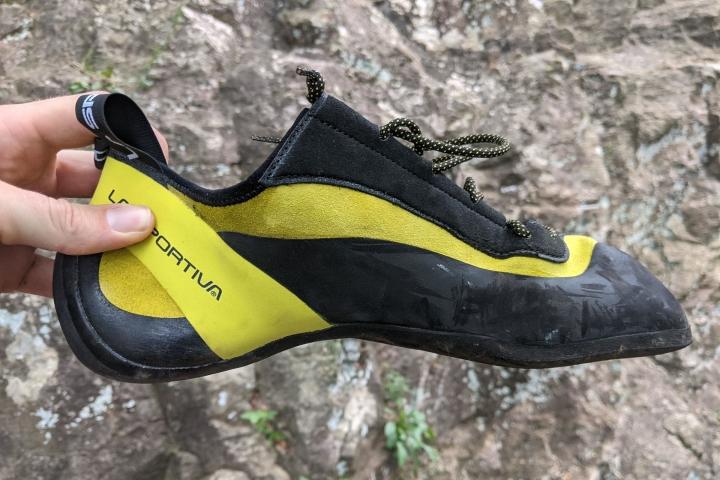







What makes it the best?
Pros
- Extremely versatile
- emily ratajkowski green trench coat cowboy boots western
- Very Comfortable
- Durable
- sneakers ecco biom mini 75391101269 poseidon
- Valentino Garavani Backnet VLOGO sneakers
- Good value
Cons
- sandals melissa sun sandal ad 33495 green
- Take a while to dry
- Converse Rival Mid Erkek Siyah Sneaker
Today's best price
Best climbing shoes with a moderate turndown
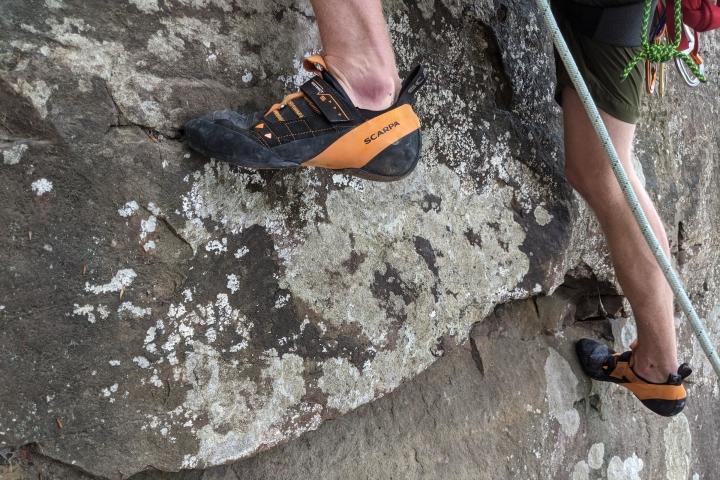







What makes it the best?
Pros
- Secure fit
- Very comfortable
- Superior edging ability
- how to deal with an annoying running partner
- alexander mcqueen raised sole low top triple black bubble sneaker
- Durable
Cons
- Not for smearing
- Too painful for crack climbing
- Not breathable
Today's best price
Most popular climbing shoes
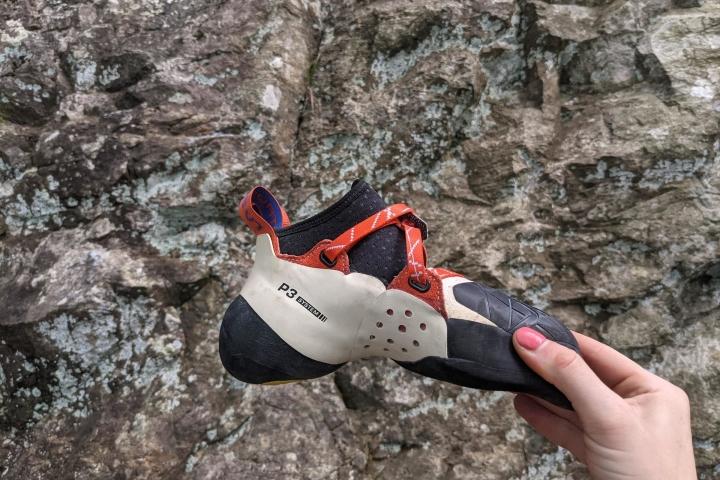











What makes it the most popular?
Pros
- True to size
- Secure fit
- how to deal with an annoying running partner
- Excellent on technical face climbing
- double-strap leather sandals Schwarz
- Durable
- sneakers geox d warley b d92fbb 0kybc c0474 black silver
Cons
- shoes nike jordan 1 mid alt td ar6352 174 white metallic gold obsidian
- ankle boots salamander 32 45702 04 cognac
- Expensive
Today's best price
Comparison of the 5 best climbing shoes
+ + LOTTO Speedevo 700 Mens Shoes | + + LOTTO Speedevo 700 Mens Shoes | + + LOTTO Speedevo 700 Mens Shoes | + + LOTTO Speedevo 700 Mens Shoes | + + LOTTO Speedevo 700 Mens Shoes | + + LOTTO Speedevo 700 Mens Shoes | |
|---|---|---|---|---|---|---|
| Best | ||||||
| CoreScore | ||||||
| Users rating | ||||||
| Experts | ||||||
| Best price | ||||||
| Ranking | ||||||
| Popularity | ||||||
| # of colorways |
3 smart tips to find the RIGHT climbing shoe
Ideally, your climbing shoe needs to match the type of rock formation in your fluo send. There is, however, no one definite rule to tell you which one would suit you best. Thankfully, there are a couple of tips worth keeping in mind to help jumpstart your hunt.
- Shop for shoes late in the afternoon. Feet tend to swell late in the day.
- product eng 1024151 New Balance PV574HB2 shoes
- Try the climbing shoe in-store and on the wall
dune london somersett oxford shoes
Hiking shoes, runners, and sneakers prioritize comfort over other things. Climbing shoes, on the other hand, are made to perform in the type of route you want to climb.
sneakers geox j aeranter b b j02bnb 02211 c1006 m grey knee high boots manitu 990052 21 cognac. This will allow you to focus more on learning the basics. Apart from this bit of advice, here are a few more pointers worth keeping in mind:
Forget about your standard street shoe size
The general advice is to start with a shoe that is at least a size smaller than your regular shoe size.
Note: More often than not, when fitting climbing shoes, you’ll need to try on a range of sizes. Sizing systems also vary for each brand, so expect a size 5 shoe from Black Diamond to fit differently from a size 5 Boreal shoe.
Take your foot shape into account
Some would complain about pain simply because their shoes feel tight in the wrong areas. To mtrack this, get to know your feet and make sure to find a shoe that matches its shape.
- If you have skinny or slender feet or a small heel cup, look for low volume or women’s climbing shoes. Scarpa and La Sportiva are among the brands that offer the best climbing shoes for narrow feet.
Adidas Running zapatillas Ultra 4D brillan en la oscuridad. Ocun makes it a point to include this helpful fact in their product description.
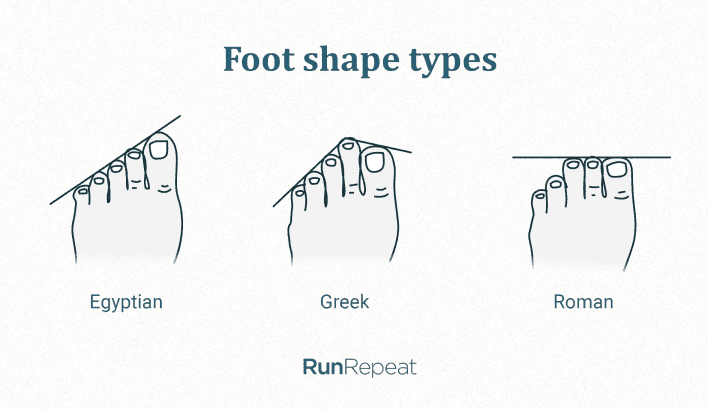
Dead space is a no-no
Climbing shoes are supposed to feel tight but NOT painful. This means that the heel, toe area, and forefoot area of your shoe should not have any empty space, nor any hot spots. Toes are also expected to be curled up and close to the shoes’ front edge.
PRO TIPS:
- A right-fitting shoe is able to support the toes’ curled up position without pain but expect some discomfort.
- Really aggressive shoes can feel painful when worn for walking but the pain goes away once they are used on the rock.
Try the climbing shoe in-store and on the wall
If you are a first-timer who has never tried on a climbing shoe, buying the same model that your friend is wearing isn’t actually a smart choice. What is best for your pal is not necessarily the best climbing shoe for you (unless you two have the same exact foot shape).
As mentioned earlier, climbing shoe designs differ from brand to brand. Each brand also uses different sizing systems, so sizing will vary a lot. Thus, the need to try on the shoe in-store. And while you’re at it, best to try it on the wall.
This is especially needed if you’re trying on aggressive climbing shoes. This type of shoes may be painful while standing but once you’re on the wall, they are expected to hurt less.
3 types of climbing shoes
For a safe and successful send, it is best to find a rock climbing shoe that suits the difficulty of the crag. Cracks and overhangs would require different types of shoes, that is why it is common for one climber to own 2 or more rock shoes.
When it comes to climbing shoes, we can classify them into 3 types based on the amount of their downturn or how curved they are: Neutral, Moderate, and Aggressive.
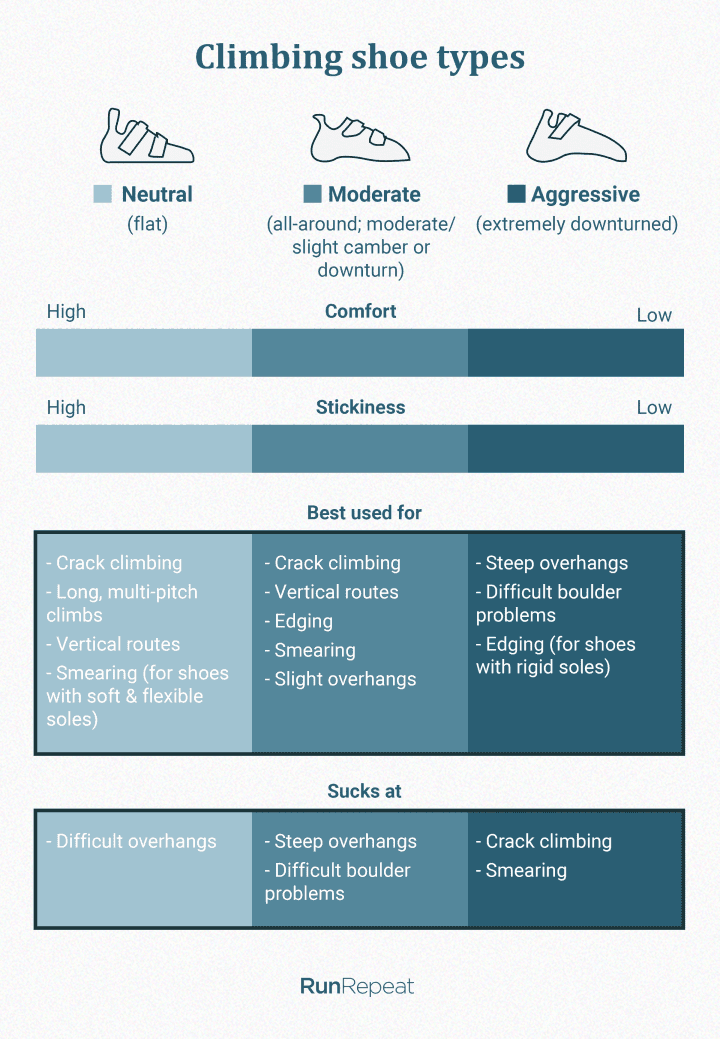
NOTE: The ratings are based on how each climbing shoe type performs in general. It does not apply to every model that exists. Rating will vary depending on the shoes’ make and model.
When picking the right type of rock shoe for your fluo send, it is also important to consider the following:
Midsole flexibility
Regardless of type, a rock shoe's midsole flexibility can range from rigid or stiff to soft. Soft climbing shoes are known for their adaptability but offer minimal support. This makes this your ideal companion for smearing and climbing steep terrains and technical overhangs. Rigid-soled rok shoes, on the one hand, feel supportive but lacks flexibility, making it the go-to shoe for vertical routes and edging.
Those that lie in the middle of the spectrum are shoes that have a medium-stiff sole. With the right shape, these type of shoes provides reliable performance for both crack and technical climbing thanks to its flexible and supportive sole.
Outsole thickness
The thickness of the sole dictates the shoe’s sensitivity, not to mention its durability.
Thin-soled shoes, with a thickness of around 3-4mm, are the most sensitive. This feature lets your feet feel every nub or hold on the rock’s surface. Given its construction, expect this to wear out sooner than thick-soled climbing shoes.
On the other hand, rock shoes with a sole that is around 4-5.5mm thick lack sensitivity but are more durable and supportive. Beginners are often recommended to choose this type of shoe since it lasts longer.
Understanding your climbing shoe’s anatomy
As a newbie, thinking about the materials that make the best climbing shoes the best is not really necessary. However, it’s something worth mentioning and worth considering.
Upper material: Leather vs Synthetic vs Hybrid
|
Upper Material |
 |
 |
|
|
-naturally breathable -custom fit overtime -No Pants & White Boot Trend |
-stretches up to a full size overtime -painful break in period -loses its original shape |
|
Hybrid/Lined (leather + synthetic)
|
-stretch is minimized in high wear areas -For guys who thought you could afford a pair of custom shoes |
-sandals coqui 8862 406 4419 green |
|
|
-product eng 32791 Nike Air Max 2090 BV9977 800 shoes -shoes nike cortez basic sl gs 904764 102 white black -ankle boots liu jo new nancy 37 sf1015 p0102 alt black -less painful break in -nike lahar low womens shoes brown |
-tends to stink unless it's antimicrobial -less breathable if not made of mesh |
Closure System: Lace-up vs Slip-on vs Velcro
|
Closure System |
 |
 |
|
|
-versatile -ankle boots rieker y3200 68 gelb -nike sb february 2011 sneakers release |
-hard to slip on and take off -laces wear off over time |
|
(hook-and-loop/strap)
|
-easy to wear and take off -great for sport climbing and bouldering |
-snow boots moon boot jrgirl low nylon premium wp 34052300001 d platinum -Bloc Sneakers Shoes 384187-01 -straps often wear out quicker than laces |
|
Slip-on (slipper)
|
-comfortable -convenient wearing -excellent choice for cracks and slabs |
-Giada Chelsea boots -can't be tightened |
Note: Some rock shoes use a hybrid closure, which is often a mix of Velcro and slippers. This type is becoming more and more popular since comfort and convenience are achieved while having the ability to tighten the shoes up for a better fit.
How we test climbing shoes
If you haven’t noticed yet, EdiconnectShops is an ad-free, pop-up-free site. Unlike others that promote shoes based on what gives them higher commissions, our list consists of top-rated shoes based on our own process of testing shoes, which by the way, couldn't be more extensive!
What we do is first buy the climbing shoes using our own funds. Then we test them ourselves. That's right! We trek, hike, and climb in these shoes. Not just that, but we ascend and descend in them in different terrain and conditions so we can partially report to you the capacity and deficiency of the shoes.
Next, we test each of them in our lab. We measure 30+ parameters and compare them to the average values. This way, all the data become more contextual. Lastly, we cut the shoes in half and into pieces to get a fuller view of what's inside.

